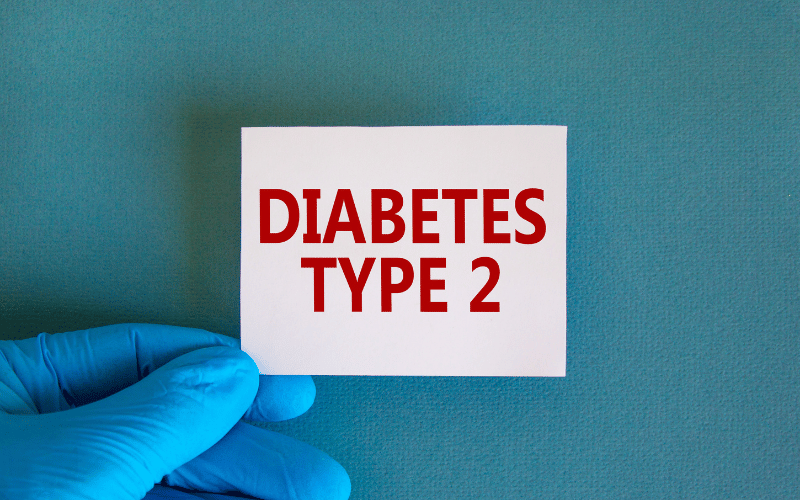Fact 4: Link to Type 2 Diabetes

Insulin resistance is often a prelude to the development of type 2 diabetes. This relationship is crucial to understand, as it underscores the importance of early detection and management of IR. In the presence of insulin resistance, the body’s normal response to insulin is blunted, leading to higher blood sugar levels. Over time, this persistent strain on the body’s insulin-regulating mechanisms can exhaust the pancreas, diminishing its ability to produce insulin and leading to the onset of type 2 diabetes.
The transition from insulin resistance to full-blown diabetes is typically a gradual process, offering a potential window for intervention and prevention. During this progression, the body’s ability to produce and respond to insulin steadily declines. Initially, the pancreas compensates by producing more insulin, but eventually, this compensation fails, leading to elevated blood glucose levels, a hallmark of diabetes. Monitoring this progression is key in preventing or delaying the onset of diabetes.
Individuals with insulin resistance are at a heightened risk for developing type 2 diabetes, especially if other risk factors are present, such as obesity, a sedentary lifestyle, or a family history of diabetes. Identifying and monitoring these at-risk individuals is crucial for early intervention. Lifestyle modifications, such as diet changes and increased physical activity, are often effective in slowing or even reversing the progression from IR to diabetes.
Lifestyle choices play a significant role in the progression from insulin resistance to diabetes. Diets high in processed foods, sugars, and unhealthy fats can exacerbate IR and accelerate the onset of diabetes. Conversely, a diet rich in whole foods, fiber, and lean proteins, coupled with regular exercise, can significantly improve insulin sensitivity and reduce the risk of developing diabetes.
For those with insulin resistance, regular medical screening is vital to monitor blood sugar levels and assess the risk of developing diabetes. Healthcare professionals may recommend lifestyle changes, and in some cases, medications like metformin to improve insulin sensitivity. These interventions, especially when implemented early, can be highly effective in preventing the progression to type 2 diabetes, highlighting the importance of early and proactive management of insulin resistance. (4)